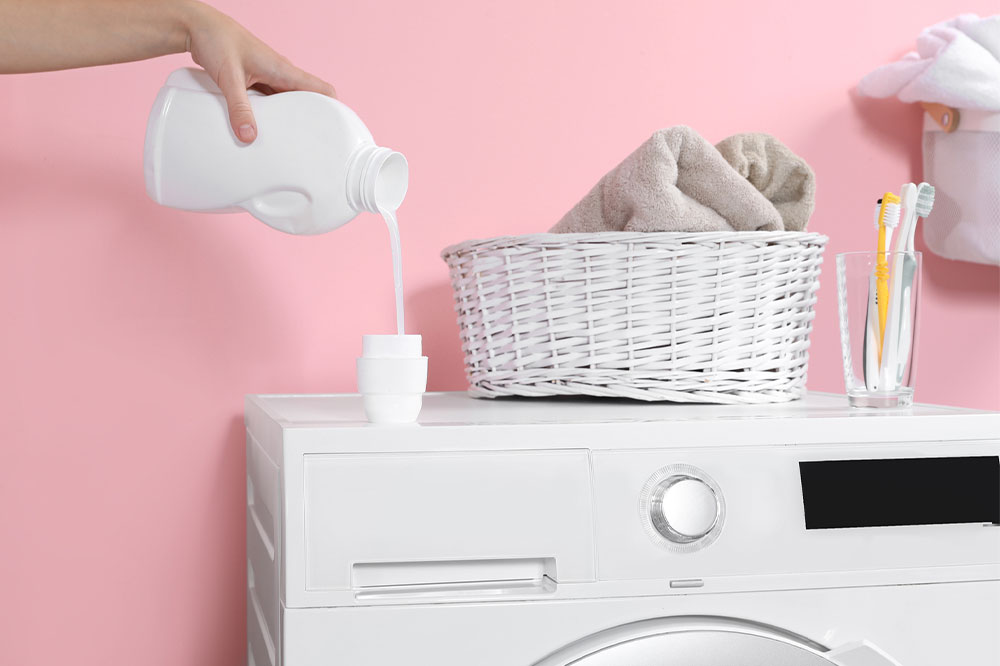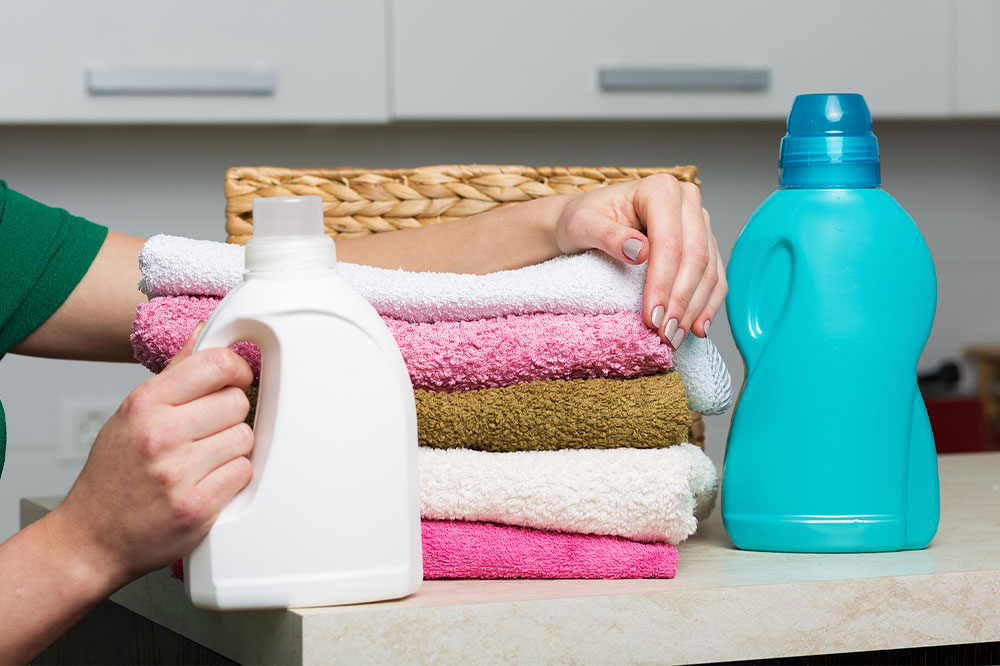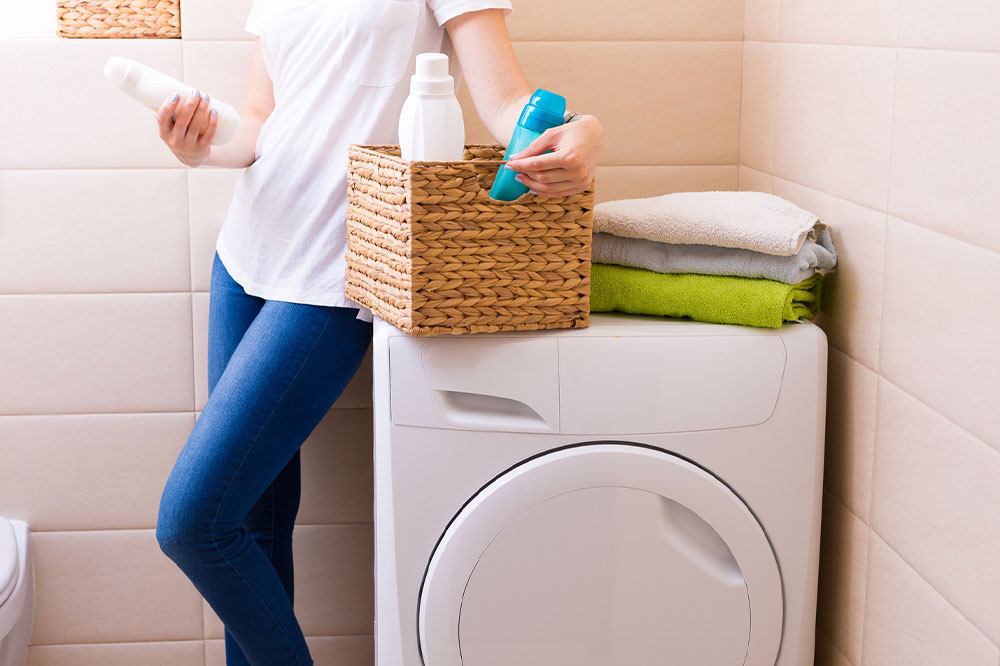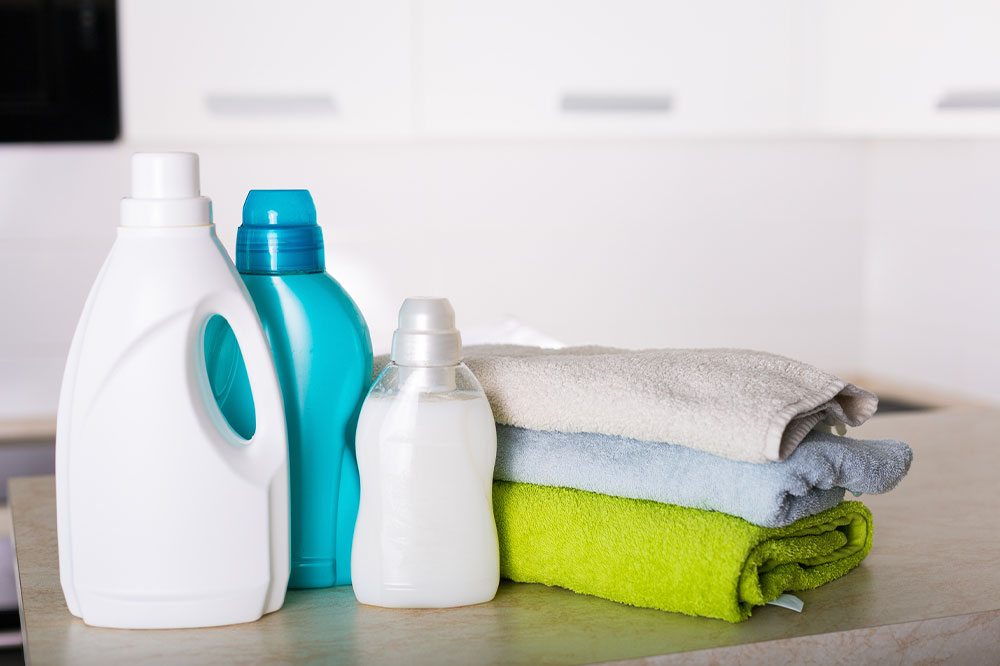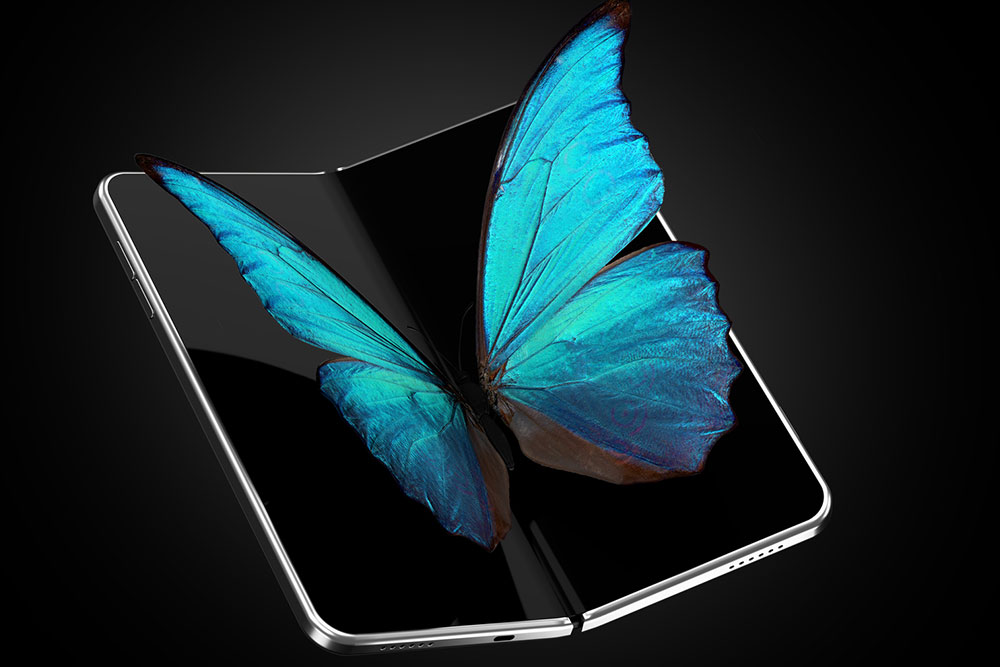Water purifiers – Benefits and tips to buy
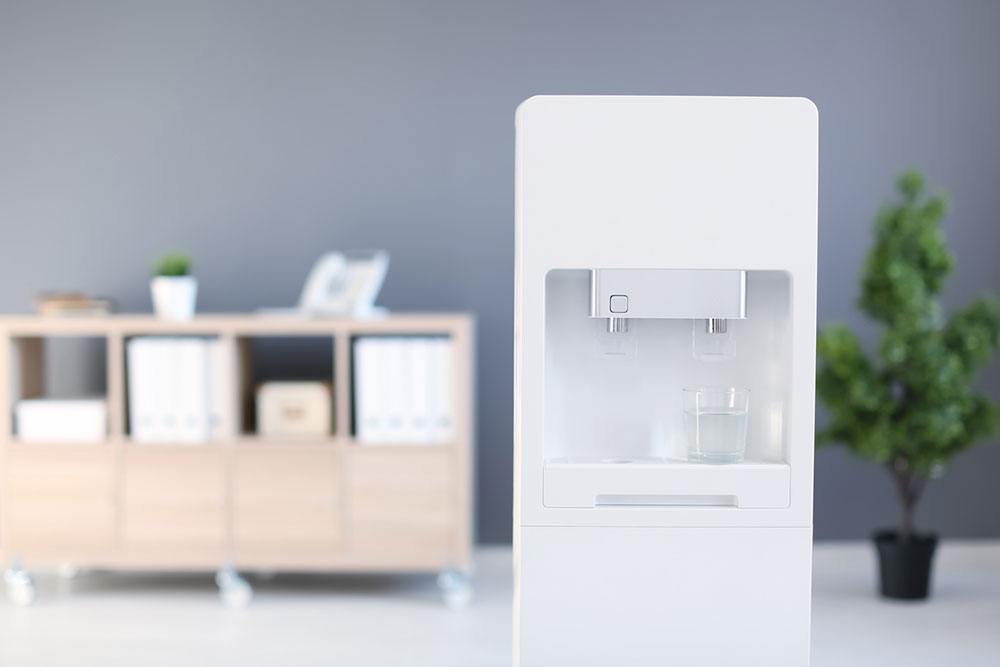
A household requires water for several purposes, like drinking, cooking, cleaning, and even watering the lawns. While most homes these days have continuous water supply, the water is often dirty or polluted, making it unfit for use. One solution to this problem is to install a water purifier. Many brands manufacture this appliance, so finding it is easy. That said, homeowners must research well before investing in a water purification system.
Benefits of using water purifiers
While a water purifier can be expensive depending on its size and capabilities, it offers several benefits that outweigh the price and other negative aspects.
1. Reduces corrosion during cleaning
If the water has a high concentration of salt and chemicals, it can corrode utensils, floors, and other surfaces being cleaned. A water purifier helps eliminate harmful elements, reducing the risk of corrosion. This is one of the best benefits of a water purification system.
2. Activated carbon filtration
Non-purified water sometimes has a distinctive unpleasant smell and taste, mainly due to the presence of chemicals and organic compounds like chlorine and sodium. Many premium water purifiers come with activated carbon filtration. Activated carbon traps chemicals and organic compounds in water, making it clean, smell-free, and taste-free.
3. Boosts environmental sustainability
A water purifier reduces a person’s dependence on packaged drinking water, which in turn lowers the number of plastic bottles in circulation. Plastic bottles are a major cause of environmental degradation since they are often discarded in water bodies or burnt after use. Both these disposal methods harm the environment and have catastrophic consequences. A purification system ensures access to clean drinking water and prevents overdependence on store-bought drinks sold in plastic bottles.
4. Saves wildlife
By reducing the circulation of single-use plastic bottles, a water purifier also helps save wildlife. A large chunk of plastic bottles end up in oceans, seas, and rivers. This debilitates the marine ecosystem and contributes to the extinction of the wild animal species living there.
5. Facilitates reverse osmosis
Polluted water may have chemicals like PFAs, nitrates, lead, arsenic, and fluoride that can damage a home’s plumbing systems. With that in mind, many brands manufacture premium water purifiers with reverse osmosis functionality. These systems have a semipermeable membrane. When water passes through this membrane, dangerous contaminants like arsenic and lead are removed. Reverse osmosis is one of the most sure-shot ways to purify water of dangerous chemicals and contaminants.
6. Improves appliance efficiency
Chemical-ridden and impure water affects not only the house’s plumbing systems but also electrical appliances like mixers, washing machines, and electronic cleaners by causing sediment buildup. These appliances are often expensive to repair and replace. A water purifier ensures clean water is used in home appliances, saving them from damage and helping homeowners avoid unnecessary expenses.
Tips for buying water purifiers
Since many brands sell water purifiers, choosing the right one can be difficult. One must keep a few things in mind when selecting a water purifier to get the most out of their investment.
1. Check the purifier’s certification
A certification or accreditation adds credibility to any given product or service. If a water purifier is certified, it is likely manufactured by a reputed brand that has been in the business for many years. Certified systems are usually more efficient and durable.
2. Consider requirements
Before shortlisting water purification systems, one must know what kind of contamination they are dealing with. For instance, a person may be struggling with the presence of dirt and silt in the water. One must check whether a given purification system can eliminate the contaminants in the water being supplied to their home. One must also analyze their daily consumption or how much water they use for drinking, bathing, washing, and cooking.
3. Check the warranty
It’s important to choose a manufacturer that provides a warranty for the water purification system. A warranty ensures one does not have to pay to repair any defects in the product that come to light after installation.
4. Consider after-sales service
The brand should also provide quality after-sales service. They must resolve their clients’ queries and issues even years after the sale. Good customer service helps a company build a solid reputation.
5. Assess brand reputation
For buyers, the important thing is to check the reputation of a given purifier manufacturer through online reviews and ratings. A reputable brand will provide quality customer support, a solid warranty, and other benefits.


